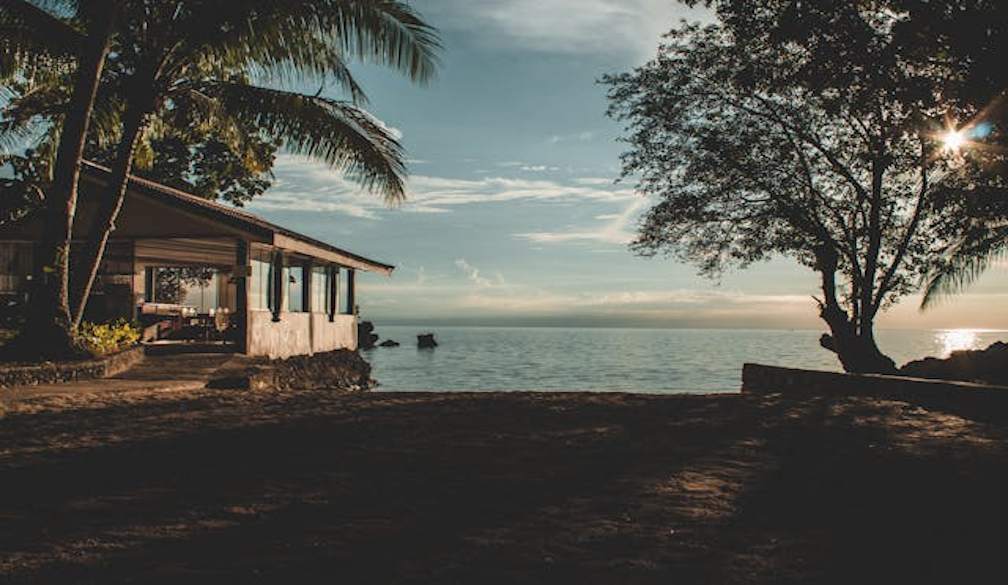Essential Tips for Buying a Vacation Home

Most people dream of owning a vacation home. However lovely this might seem in the fantasies, it is also a serious investment that requires thoughtful planning and smart decision-making. Whether you're seeking a beachside retreat in Australia, a cosy cabin in the mountains, or a countryside escape, it’s important to approach the process with both excitement and caution.
A vacation home should enhance your lifestyle, not become a burden. With that in mind, here are some essential tips to help guide your purchase.
Determine Your Goals for the Property
Before diving into the real estate market, take time to identify the purpose of your vacation home. Will it primarily serve as a personal getaway for you and your family, or do you plan to rent it out when you're not using it?
Clarifying your goals early on will help you make better choices when it comes to location, size, layout, and amenities. If you plan to use it as an income-generating property, you’ll need to research local short-term rental regulations and ensure the area has high occupancy potential.
Choose the Right Location Carefully
Location is arguably the most important factor when buying a vacation home. Think beyond just your personal preferences—consider accessibility, seasonal weather patterns, nearby attractions, and the overall market demand. A beautiful home in a remote area might not be ideal if it’s difficult to reach or lacks essential services.
On the other hand, a smaller place in a vibrant tourist destination might offer better long-term value and rental returns. Visiting the area during both peak and off-peak seasons can give you a realistic sense of what to expect year-round.
Understand All the Costs Involved
Many buyers underestimate the full scope of costs that come with owning a second home. Beyond the purchase price, there are property taxes, insurance, maintenance, utilities, and possibly homeowners' association fees. If you plan to rent out the property, you may also need to hire a property manager or cleaning service.
Budgeting for these expenses from the start will help avoid any financial surprises later on. It’s also a good idea to speak with a financial advisor to assess whether the investment aligns with your long-term financial goals.
Work with a Local Real Estate Expert
Partnering with a local real estate agent who knows the vacation market can be invaluable. They’ll have firsthand knowledge of the area's neighbourhoods, price trends, and regulations. For instance, real estate agent from Hobart will know the local market and trends if this is the area you’re considering.
A good agent can also help you avoid common pitfalls and spot opportunities that might not be immediately obvious.
Research the Rental Potential
If generating income is part of your plan, study the local rental market. Look at similar listings in the area to see what they charge per night or per week and how often they are booked. Platforms like Airbnb can provide useful insights.
Keep in mind that popular vacation spots often have seasonal demand, so your property may only bring in income during certain months. Some areas also have restrictions or licensing requirements for short-term rentals, so it's essential to verify these regulations before buying.
Consider the Maintenance Requirements
Vacation homes require regular upkeep, especially if they are in areas prone to harsh weather, such as coastal towns or mountainous regions. If you won’t be nearby year-round, you’ll need to decide how you’ll manage maintenance issues and emergencies.
Hiring a local caretaker or management company can ease this burden, but it adds to your ongoing costs. When evaluating potential properties, look for homes that are well-maintained and constructed with durable, weather-resistant materials that will require fewer frequent repairs.
Secure the Right Financing
Financing a vacation home can be more complex than buying a primary residence. Lenders often require a larger down payment, and interest rates may be slightly higher. Your debt-to-income ratio will also be scrutinised more closely.
If you’re considering renting the property to offset costs, be aware that not all lenders will consider potential rental income when assessing your application. Shopping around for the best mortgage terms and getting pre-approved can streamline the process and clarify your budget before you start house-hunting.
Conclusion
Although it requires thoughtful planning and research, buying a vacation home can be incredibly rewarding. From understanding the total costs and legal requirements to choosing the perfect location and securing the right insurance, every step matters.





















